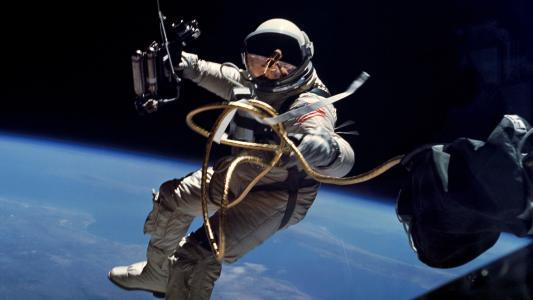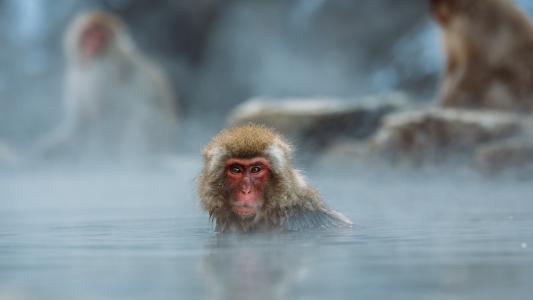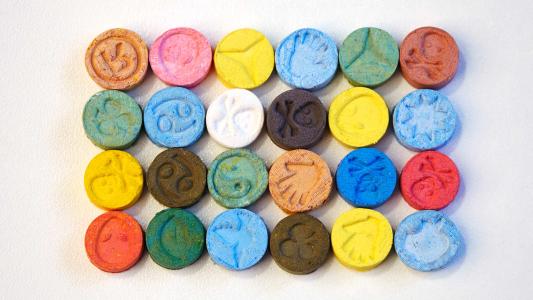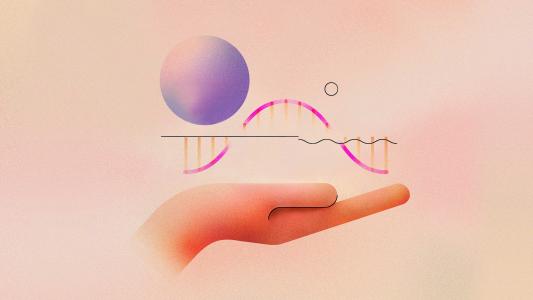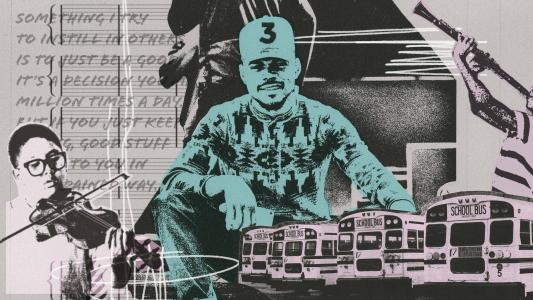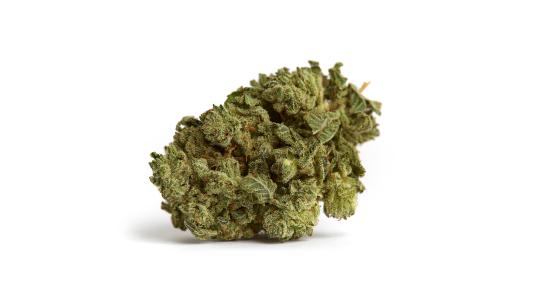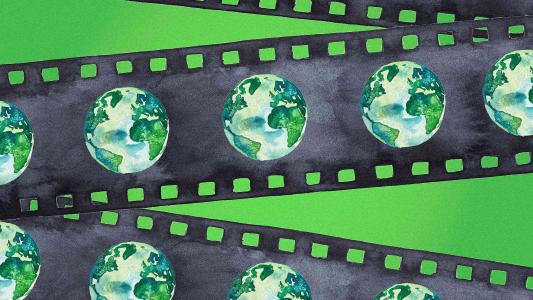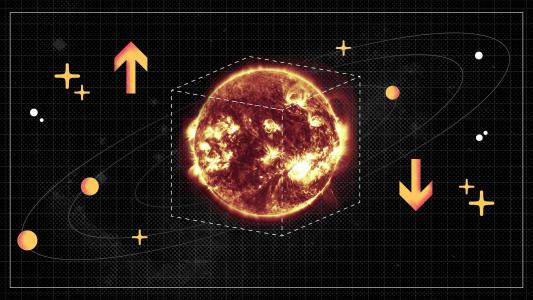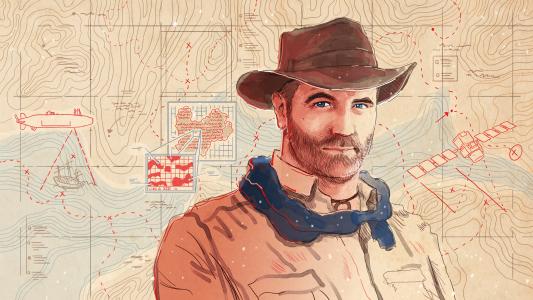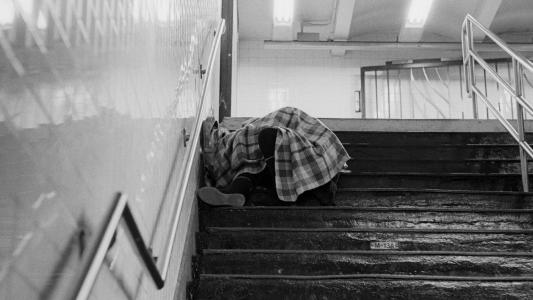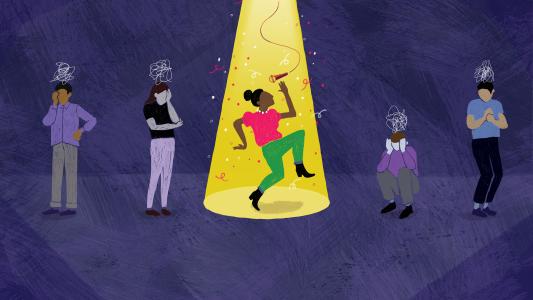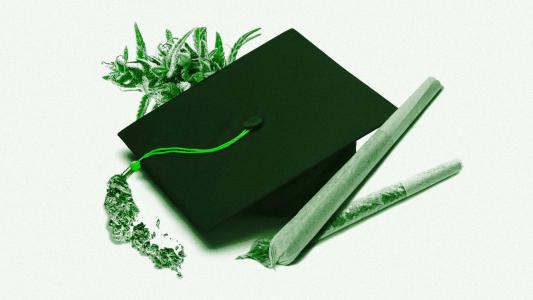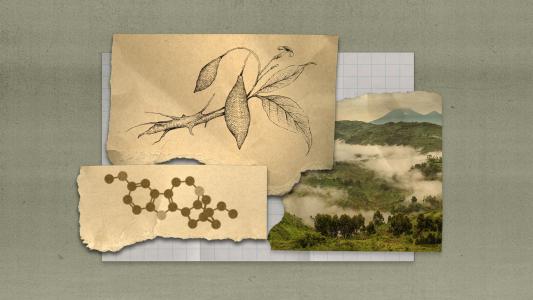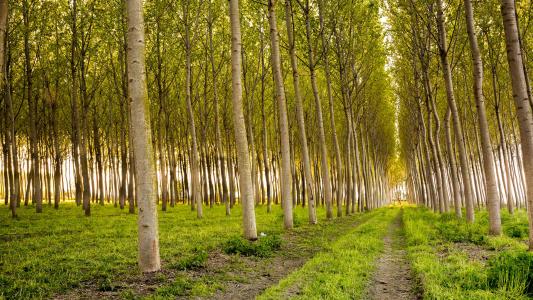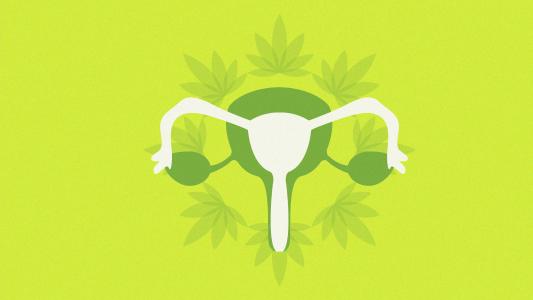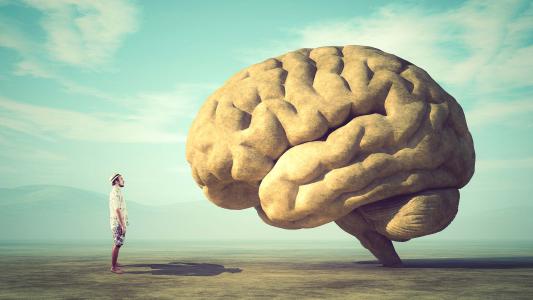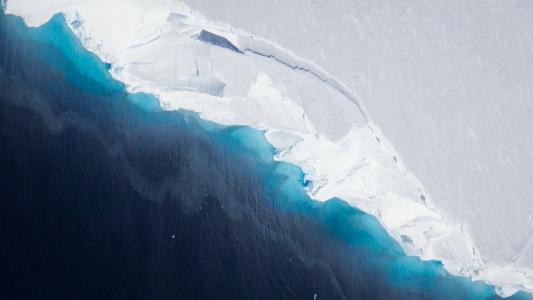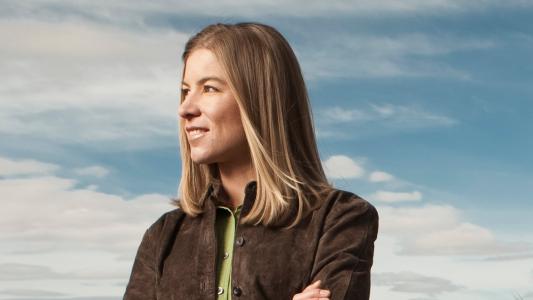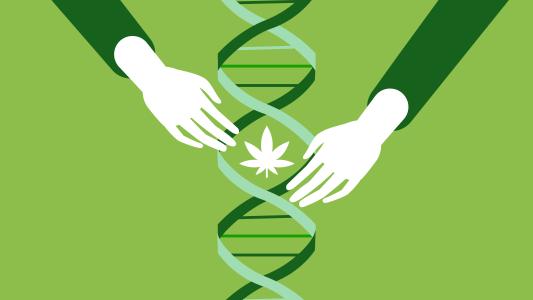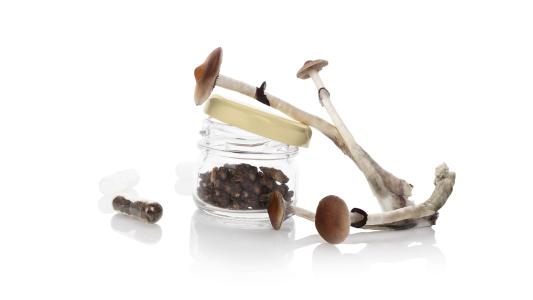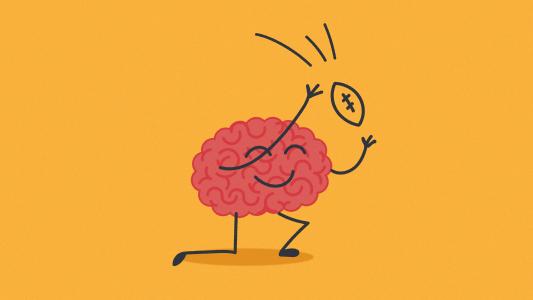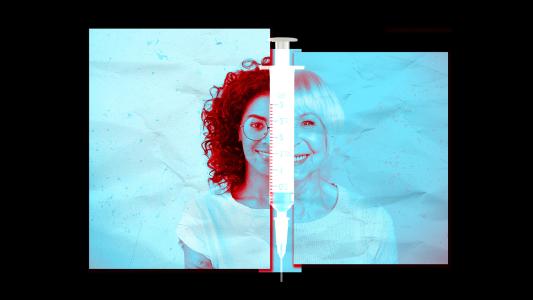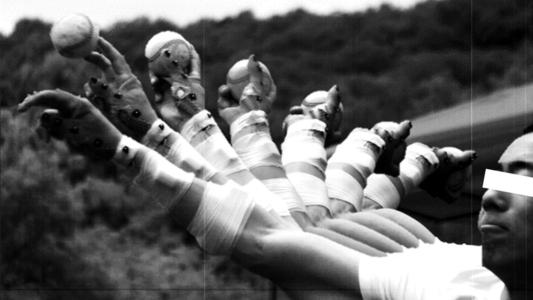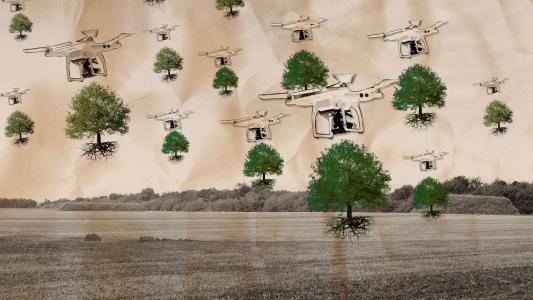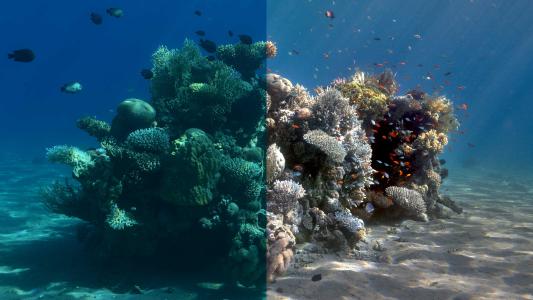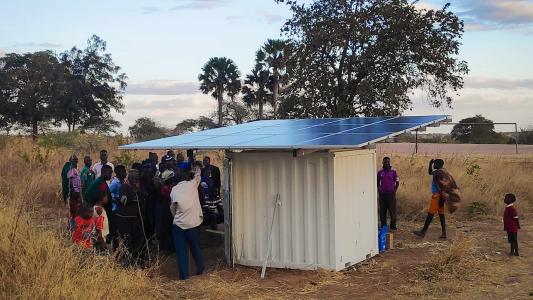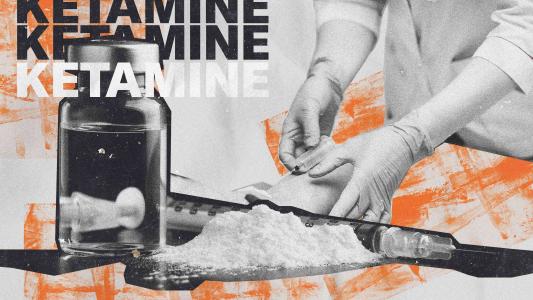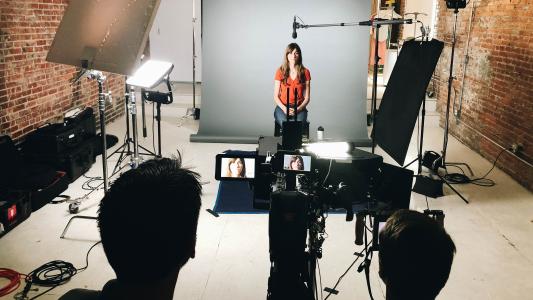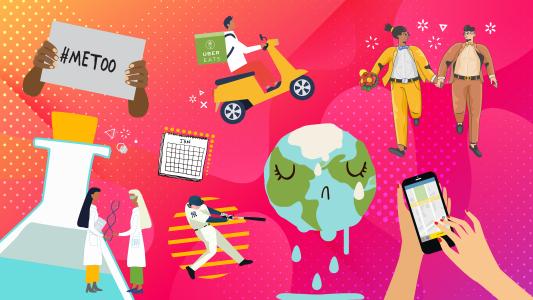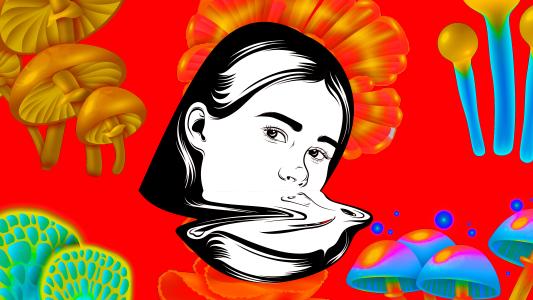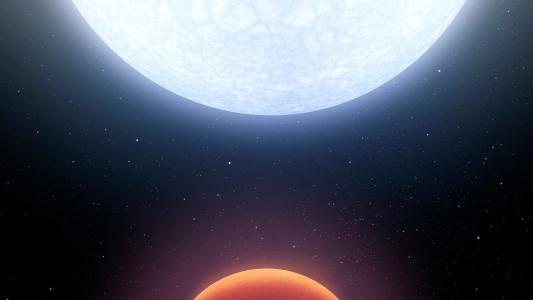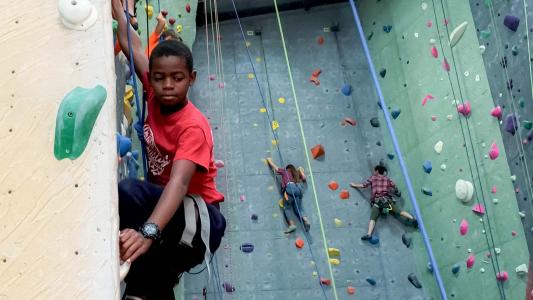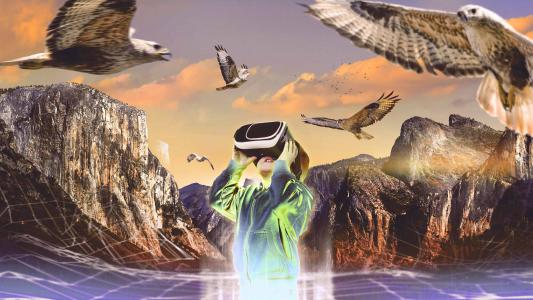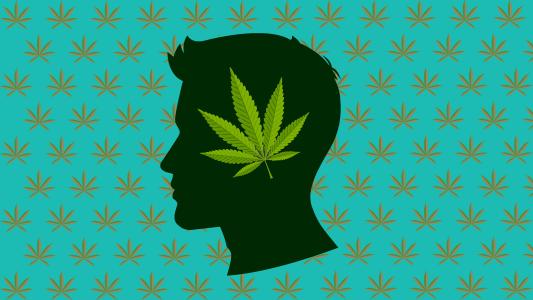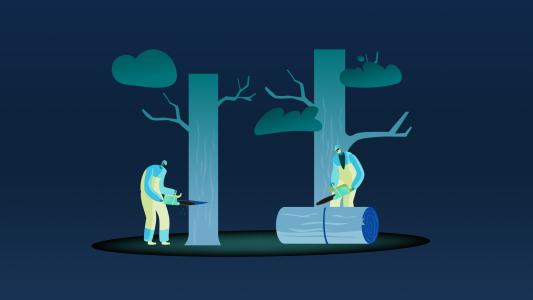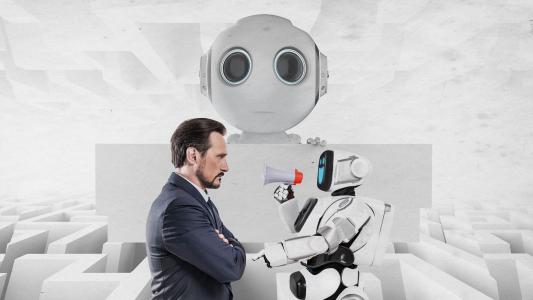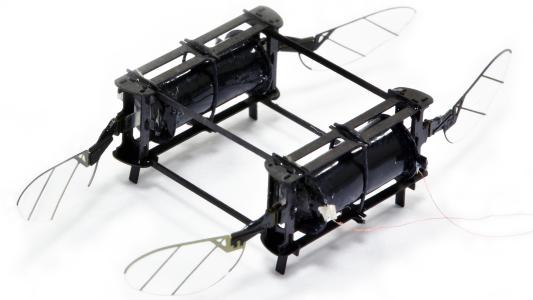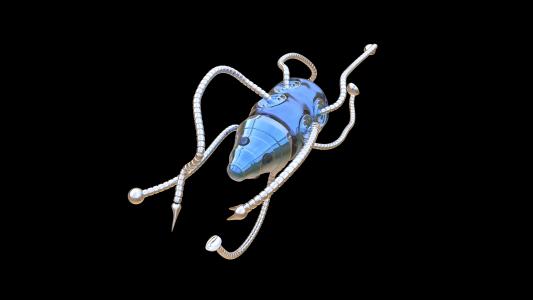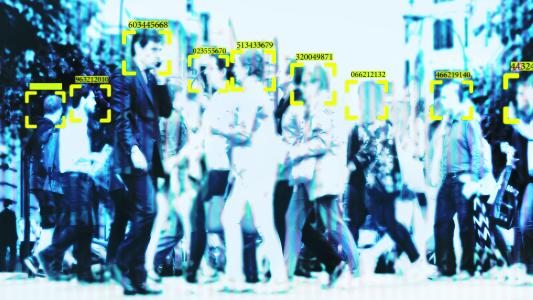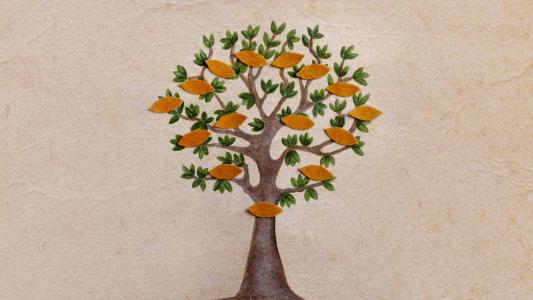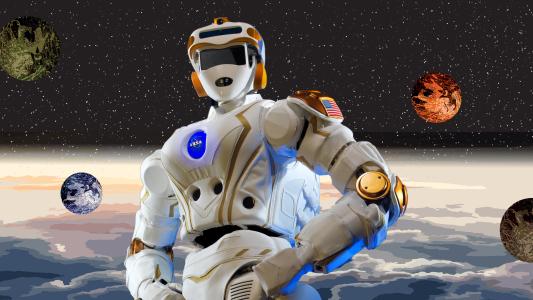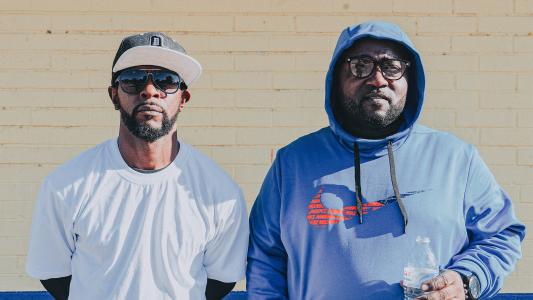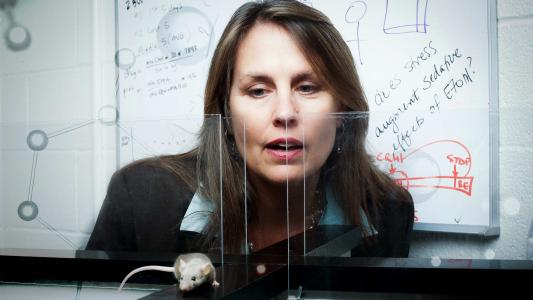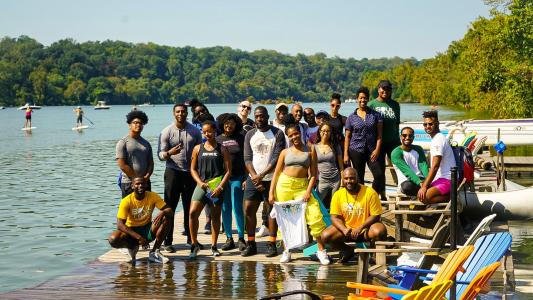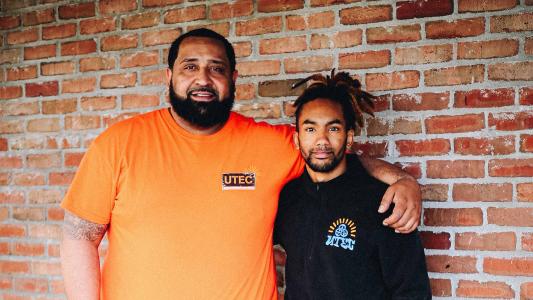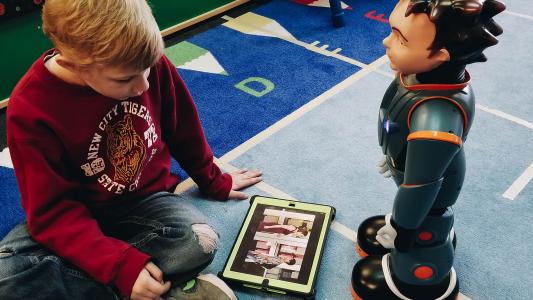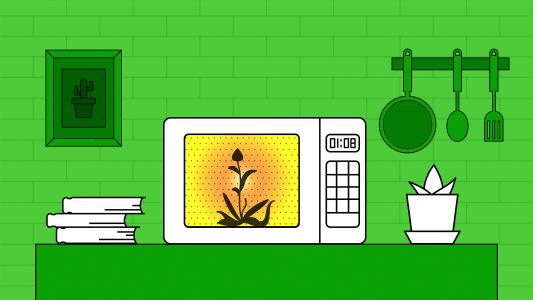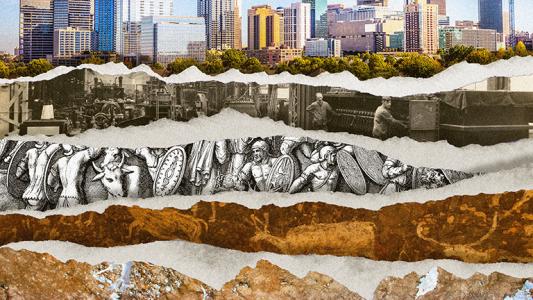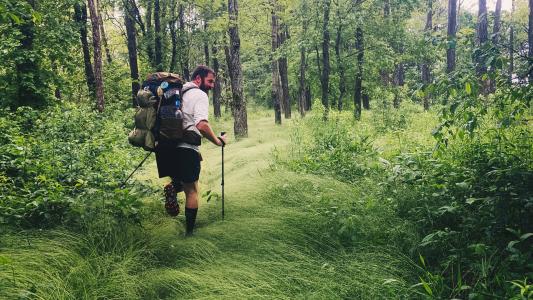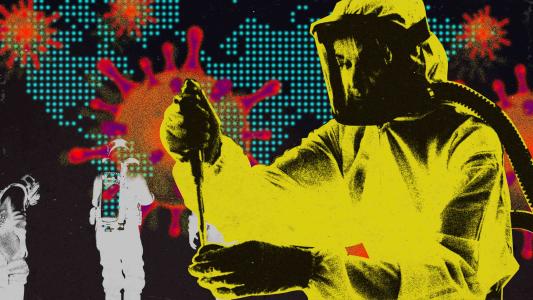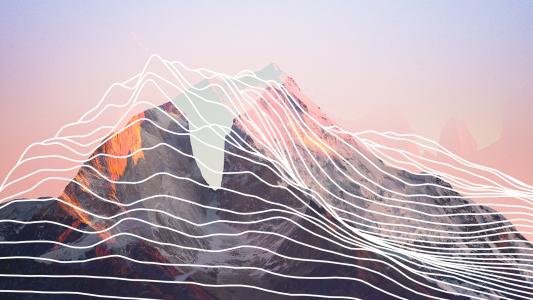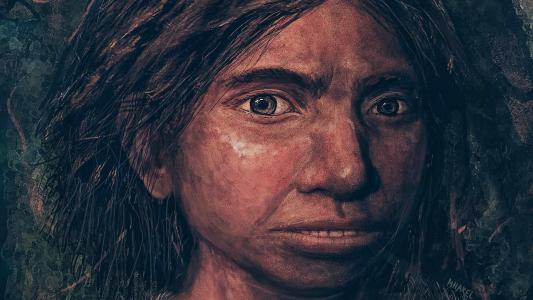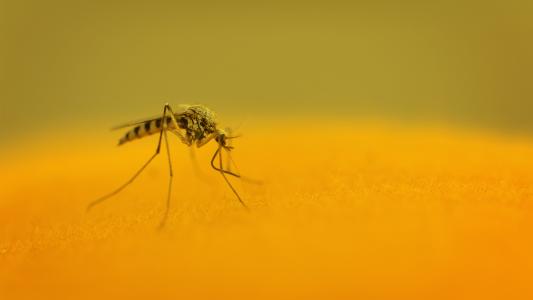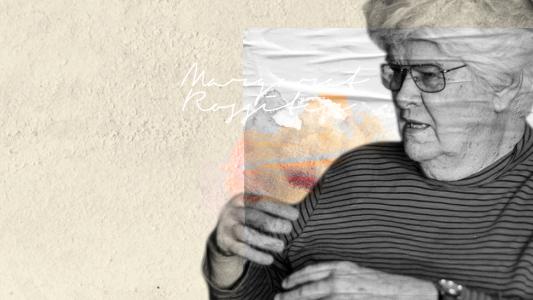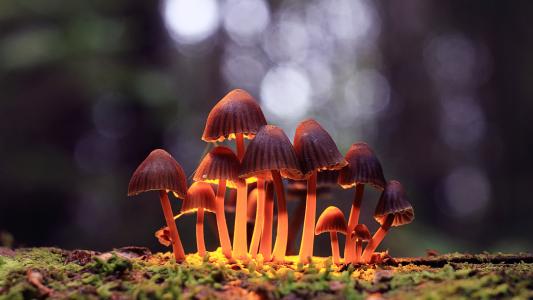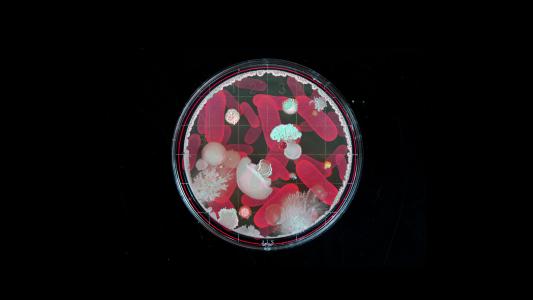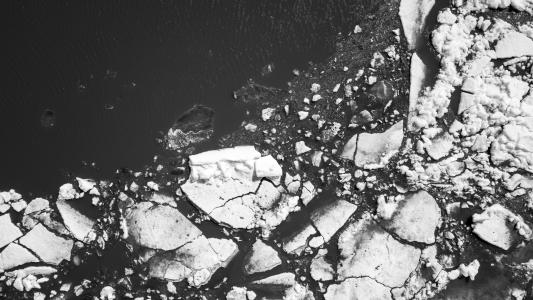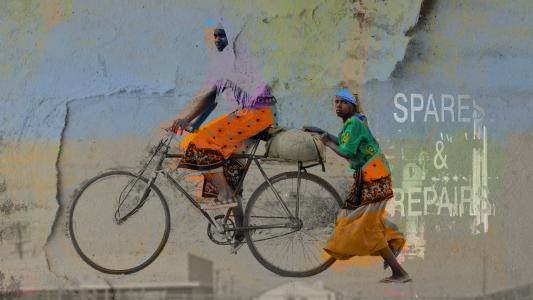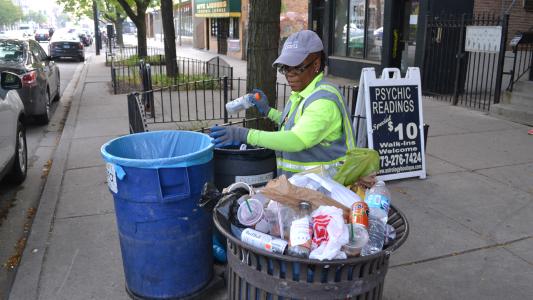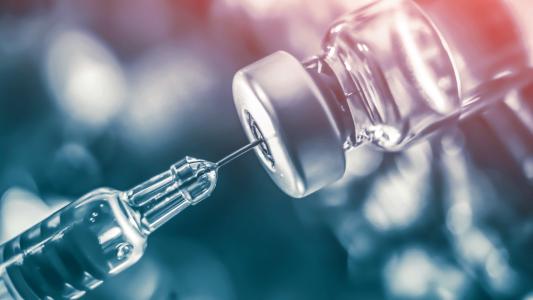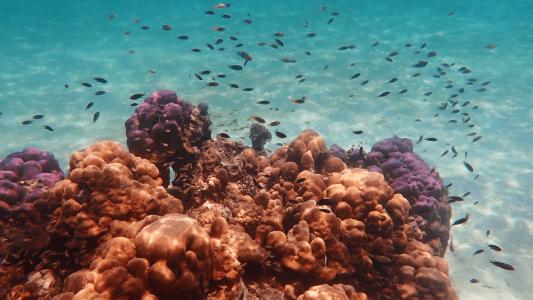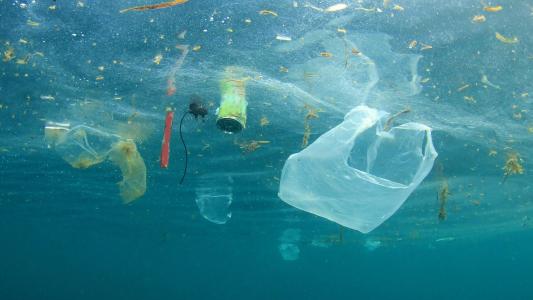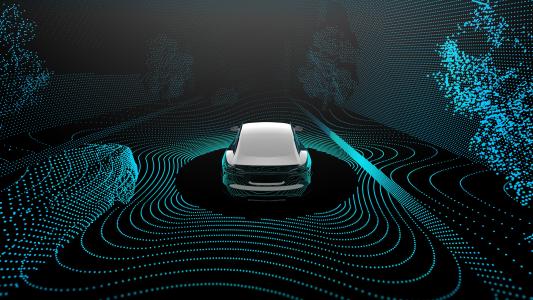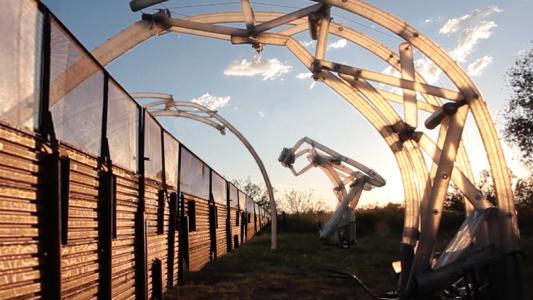Want to visit the moon? NASA is accepting astronaut applications
NASA has announced plans to begin accepting applications for its next class of Astronaut Candidates, some of whom may go on to visit the moon or even Mars.
Experts unveil “breakthrough” map of key coronavirus protein
Scientists have created the first atomic-scale 3D map of 2019-nCoV’s spike protein, the part of the coronavirus that infiltrates human cells.
We’re one step closer to a super-secure quantum internet
Scientists have successfully entangled photons across a 52-mile-long quantum loop in Chicago, a major milestone along the path to a quantum Internet.
Stimulating monkeys’ brains snaps them out of unconsciousness
Researchers found that they could induce a state of consciousness in an unconscious monkey by electrically stimulating a specific part of the animal’s brain.
Can the maritime industry go green? Washington ferries show us how
Washington ferries will soon make the switch from diesel to batteries, becoming the world’s largest hybrid-powered, car-carrying ferries.
MDMA effects, risks, and rewards explained
MDMA, also known as Molly or Ecstasy, is a synthetic psychoactive drug. MDMA effects include enhanced pleasure and a heightened sense of touch and sound.
How to make 100 million doses of coronavirus vaccine in a year
Creating a new vaccine is slow and expensive. One biotech firm thinks a “plug-and-play” vaccine could change that.
The anti-facial recognition fashion statement
These designers are trying to outsmart surveillance systems with anti-facial recognition makeup, glasses, and clothing. Can they help us go incognito?
Chance the Rapper is bringing music back to Chicago schools
On the far South Side of Chicago, as far south as you can get — a traffic light away from neighboring Riverdale —...
Medical cannabis explained
Medical cannabis is everywhere. We're answering your basic questions and unpacking the promises and pitfalls, based on the latest research.
Move the sun, save the earth: the plan to relocate our solar system
This stellar engine could harness the power of the sun to drag our solar system throughout the galaxy, preventing a catastrophic collision.
The tech that’s revolutionizing archeology with Josh Gates
In our interview with renowned adventurer Josh Gates, the host of Expedition Unknown discusses the beautiful connection between tech and archaeologists.
This urban farm in Dallas grows financial and social opportunities for residents
In partnership with Stand Together
A once impoverished and isolated neighborhood in South Dallas is now flourishing thanks to Bonton Farms.
The mission to reunite homeless with their families
Volunteer digital detectives are helping homeless people reunite with their families.
Improv for anxiety
In a judgement-free setting, improv requires the mind to focus on the present, providing natural anxiety relief for performers.
High-tech art exhibit looks at life through the eyes of AI
In this Chicago museum, artists explore some of the most polarizing forms of imagery at the moment: surveillance and facial recognition.
Legal pot is finally growing up and going to college
As medical marijuana becomes mainstream, so does the need for an educated workforce in the industry. Enter the nation's first-ever cannabis degree program.
In a circular economy, leaders look to eliminate waste
A step further than recycling, a circular economy would eliminate the idea of garbage completely. But will consumers hop on board? We gave it a try, and here's our honest review.
Ibogaine: The psychedelic cure?
Ibogaine, an African psychedelic drug which comes from the iboga plant, is used for both religious rites and drug addiction treatment.
Modifying poplar tree genes to fight pollution
The number of poplar trees around the world has doubled, but a chemical compound in their leaves means they might be doing more harm than good.
The fleet of underwater drones probing Earth’s interior
The Earth’s interior may be the last wild frontier, but not for long. These underwater drones are scanning the ocean to create a 3D model of its internal dynamics.
THC could help women with endometriosis
Hundreds of thousands of women suffer with endometriosis, a disorder that causes painful tissue growth outside of the uterus. Pending clinical trials around THC may finally spell relief.
Do bigger brains have better memories?
Scientists may be one step closer to putting the age-old question to rest on whether brain size impacts cognitive function.
The robot racing to study Antarctica’s massive ice melt
Icefin, a semi-autonomous research vessel, is on a mission to search for clues about one of the continent’s fastest melting glaciers, the Thwaites Glacier.
The strange science of sports recovery with Christie Aschwanden
From infrared pajamas to cryo chambers, athletes swear recovery methods give them an edge on the playing field. But what does science have to say about it?
CRISPR may unlock targeted cannabis therapy
New medicinal cannabis research shows potential for personalized drug therapy, without the side effects.
Psychedelic mushrooms explained
Psychedelic mushrooms, AKA magic mushrooms or psilocybin mushrooms, are currently being researched as a treatment for depression, addiction, and more.
Does playing sports quiet the brain?
Athletes across many sports have something in common - they can more easily “quiet” their brain to focus on what’s really going on.
The first universal flu vaccine could be coming soon
After flu season, vaccines are outdated and researchers must predict next year’s virus. But soon, we may have a universal flu vaccine that doesn't expire.
Unlocking the mysteries of muscles in motion
New kirigami-inspired skin patch may help people avoid injury, as it expands our understanding of muscle activity.
Closer to the Sun: NASA’s Parker Solar Probe
NASA is getting closer to the sun than ever before with the Parker Solar Probe, leaving researchers excited and bewildered by the data they saw.
Tree-planting drones restore charred forests
This Seattle startup is bringing new life to charred forests by releasing swarms of smart, tree-planting drones equipped with seeds, mini seedbeds, and cameras.
Removing water from underwater photography
A new algorithm for underwater photography makes marine life appear as clear as it would on land, and it’s helping scientists understand the ocean better.
NY’s bail reform challenges a biased system
Seeking justice in a broken system, the state of New York eliminates cash bail for most misdemeanors.
Powering the most remote areas on earth
With off-grid solar power systems, this company is building sustainable communities in remote areas, providing a source of renewable energy and clean water.
Ketamine explained: Understanding the special k drug
Ketamine, known recreationally as the “Special K” drug, is a trance-inducing anesthetic that researchers believe has more powerful uses off the dance floor.
Conversations with refugees
Aline Sara is changing the conversation around what it means to be a refugee by talking — literally. Through her...
Freethink staff picks: Best of 2019
Fear of missing out on some of the year's most loved shows, books, and games? Here's a quick list of what the team at Freethink enjoyed most in 2019.
Freethink's favorite behind the scenes insights from 2019
Join Freethink's directors behind the scenes to discover the experiences and insights that went into creating some of our favorite videos from 2019.
9 ways the 2010s decade changed the world
From Tinder to CRISPR, these are the top moments, movements, and ideas through which the 2010s decade shaped the world as we know it.
Healing PTSD with MDMA therapy
New hope for PTSD sufferers is coming from an expected quarter: MDMA.
We may have found a drug to curb meth addiction
Meth addiction is on the rise, so this team of researchers is working to develop the first FDA-approved medication to treat the use disorder.
New promise for psychedelics and depression
New findings on psychedelics and depression show the benefits of microdosing, and could present more effective treatment options.
Is anybody out there?
New breakthroughs in the technology used for exoplanet discovery mean we could find proof for the existence of extraterrestrials in our lifetime.
Rock climbers help refugees in america
This nonprofit is teaching refugees in America how to rock climb - helping displaced children better face new challenges and transition to life in the U.S.
Nature is good for you. What about VR nature?
Nature has the power to reduce stress and enhance our moods. Can VR nature experiences be a substitute for physically spending time in the outdoors?
Diving deep into the brain to measure neurotransmitters
Researchers are taking the first measurements of neurotransmitters in active human brains, using computational psychiatry to understand how the mind works.
Marijuana and autism: Removing the stigma
Research is beginning to prove the hopeful connection between marijuana and autism treatment for symptom relief. Here is one man’s inspiring story.
Shedding the stigma of substance use
In partnership with Stand Together
By achieving fitness goals together, The Phoenix community is peeling off the shame, regret, and stigma often associated with addiction.
The fight to end illegal logging
Citizen scientists are collecting tree samples to build a genetic database that will help identify the origins of stolen lumber and stop illegal logging.
Trash-talking robots get under our skin
Can robots control us? Probably not, but they can influence our actions, as this recent study on human-robot interaction by Carnegie Mellon shows.
Robot bees could one day save your life
For the first time, a microbot powered by soft actuators has achieved controlled flight.
What's special about cancer-killing nanobots? precision.
These tiny, robotic machines can deliver drugs directly to infected cells, and they're changing the future of medicine.
Breaking the taboo of male infertility
Male infertility contributes to up to half of infertility cases. Why is it so hard to talk about?
Why don’t women’s health companies get adequate funding?
Celmatix Founder and CEO Piraye Beim gives an inside look into the battle to secure funding for women's health.
New tech can see through walls and ID people by the way they walk
A California-based lab is using gait recognition and radio frequency to create a surveillance system that can see behind walls.
For childhood cancer survivors, adult fertility isn’t a given
Experimental procedures offer beta solutions for girls, and more time to figure it out for boys.
The construction robots building space colonies
Sending construction robots into outer space will help pave the way for human exploration, but there are some real challenges that lie ahead.
A molecular biologist discusses the morality of gene editing
Molecular biologist Daisy Robinton speaks out on our moral imperative to solve some of humanity's greatest health threats.
Advice from a death doula: unlocking life before death
Talking about death can actually make it a much less frightening topic. Here’s how working with a death doula or attending a local death cafe can help.
This electronic musician is transforming the soundscape of hospitals
Trained as a classical pianist, ambient artist Yoko Sen is on a mission to redesign medical devices' beeps and buzzes and save us from alarm fatigue.
Bloods and Crips unite to steer kids away from gang violence
In partnership with Stand Together
These former Bloods and Crips are coming together to spread peace on the streets and end the cycle of gang violence by mentoring local youth.
This big wave surfer is changing how we fight wildfires
Fire retardant spray contains toxins that are harmful to the environment and first responders, but Jeff Denholm is looking to change that.
Addict-turned-neuroscientist on addiction and the brain
In our interview with neuroscientist Judith Grisel, she discusses the state of research on addiction and the brain, as well as society’s view of addicts.
Diversity in the outdoors: bridging the adventure gap
This DC nonprofit is defying statistics by promoting diversity in the outdoors and connecting people from all walks of life with the wonders of nature.
Chefs fight child hunger with No Kid Hungry
A group of culinary professionals in Chicago is volunteering their talents to end child hunger in the US, and some are going all the way to Capitol Hill.
What is static electricity? We may finally have an answer.
This model, created by doctoral students, provides a convincing explanation for a mystery that is thousands of years old - the cause of static electricity.
Can friendship keep at-risk youth off the streets?
In partnership with Stand Together
Carlos felt addicted to the thrill of crime at a young age. Today, he yields a different, positive influence on the streets with UTEC.
How Old Skool Café helped this teenager overcome adversity after trauma
In partnership with Stand Together
After suffering a violent gang beating, Desiree Maldonado experienced major medical and emotional issues. She turned from a shy and nerdy 14-year-old kid to a hard and angry rebel. This is how one restaurant job changed her trajectory.
NASA wants YOU to help track landslides
NASA is enlisting citizen scientists to collect important data on recent landslides, in an effort to improve prediction models and assist in disaster prevention.
Robots for autism teach human emotion
Meet the classroom assistant of the future, a robot for autism therapy that’s teaching special needs students about empathy and emotions.
Scientists are using AI to improve breast cancer screening
Computer scientists at MIT created a new algorithm for breast cancer screening to predict whether a patient will develop the disease in the next 5 years.
Old Skool Café provides an alternative to gangs and violence
In partnership with Stand Together
As a former prison guard, Teresa Goines watched kids drift in and out of the justice system. Now she runs a jazz-themed eatery that hires at-risk youth and gives them a place to learn and grow.
A “death-ray” for weeds could replace chemical weed killers
Dr. Graham Brodie of the University of Melbourne is working on a device for zapping stubborn weeds with microwaves.
Will Hunt finds humanity underground
In Will Hunt’s book Underground, the journalist and "urban explorer" details his expeditions through caves, mines, tunnels, catacombs, and sewer systems around the world and the depths of the information he's found.
Wilderness experience helps army vet adjust to life after war
Meet Thomas Weinheimer, an army veteran whose 53-day wilderness experience on a North Carolina trail helped ease his transition back to civilian life.
The next pandemic is out there. Is the private sector ready?
Johns Hopkins' simulated, international catastrophe is helping business, government, and public health leaders improve global pandemic preparedness.
This artist heals wounds of violence with tattoos
Brian Finn tattoos over scars from self-harm, violence, or human trafficking for free or at a discounted rate in order to help people heal.
The dark toll of light pollution
Bird populations are paying the price for our electric lights. These volunteers are working to change that.
How to talk to aliens
Let's imagine aliens exist. You have the extraordinary task of crafting a message that they might conceivably understand. How would you do it? And what would you say? Daniel Oberhaus has a few ideas.
Ship’s logbooks are the first records of climate change data
With the weather and ice data from old ship’s logs, Dr. Kevin Wood realized it was possible to reconstruct the history of sea ice in the Arctic to better understand climate change.
Sifting through sound: using soundscapes to understand ecosystem health
“Ecoacoustics” is an emerging field of research. Instead of chasing down isolated animal sounds, researchers are using all of the acoustic properties of a location to answer ecological questions.
Meet the artist who paints with dna clues
When Maayan Harel paints a portrait, her subject isn't sitting in front of her. She doesn't even have a photograph...
This nail gun wielding drone looks terrifying, but could save lives
According to OSHA, one in five workplace deaths in 2017 were in construction. Can nail gun drones help save lives?
Can mosquito-repellent clothes stop the deadliest animal on Earth?
The Four Horsemen of the Apocalypse are War, Death, Famine, and Pestilence — what Revelation doesn't tell you is...
Female scientists were written out of history books. margaret rossiter changed that.
Margaret Rossiter has made it her lifework to spotlight female scientists who were written out of history books through systematic censorship. Read our Q&A with this groundbreaking historian.
Take a trip to Johns Hopkins' new psychedelic research center
Johns Hopkins is throwing its considerable clout behind the fast-growing field of psychedelic research, pouring $17 million into a research center to study the hallucinogenic drugs.
Could another measles outbreak open up Pandora’s Box?
The global resurgence of measles has sparked renewed scientific interest in this old foe. If the theory — which is contested — turns out to be true, a measles infection could be less an isolated bout of illness and more a Pandora’s box.
Preparing for climate change
Climate change is increasingly reshaping our world, but communities across America aren’t losing hope — they’re taking action. Learn how 18 communities are using science to guide community-based decision-making.
What dinosaur poop tells us about ancient life
Coprolite, aka dinosaur poop, is giving scientists a surprising glimpse into the world of the dinosaurs. Learn what industry leader Karen Chin has been learning from dino dung.
This nonprofit gives bikes and people new life
Working Bikes has spent nearly two decades rescuing bicycles from the waste cycle to give people purpose, access to jobs, and independence.
This social enterprise is cleaning up Chicago one street at a time
This nonprofit is not only polishing the streets of Chicago, but providing a "clean slate" for its interns. Those with a criminal background, dealing with addiction recovery, or domestic violence, are welcome to take part in job training and counseling.
mRNA vaccines could change everything in the fight against disease
Traditional methods of vaccination have come up against difficult challenges. They can also be expensive and time-consuming to produce. New RNA vaccines are faster, cheaper, and safer, and show great potential to meet evolving threats.
Researchers found a species of stony coral ready to withstand climate change
At current trends, more than 90% of the world’s coral reefs will be massively degraded by 2050. Researchers have found a species of stoney coral that has sparked new efforts for coral reef restoration.
Human composting could help crowded cities bury their dead sustainably
Working toward sustainability, cities are searching for ways to make funerals more eco-friendly. Green burials and human composting could be the solution.
These scientists extract plastic from bacteria
By 2050, there may be more plastic by weight in the ocean than there are fish. Canadian innovator Luna Yu hopes to change this by turning waste into biodegradable plastics.
Getting aerial ridesharing off the ground
It’s been the ultimate futuristic dream for decades: flying cars! But now, the future finally has a deadline. At least to start, it will land in the form of a small air taxi operated by Uber, not something you’ll park in your garage.
In the midst of a crisis, Venezuelans are training self-driving cars
Hundreds of thousands of formerly middle class Venezuelans, thrown into poverty by economic collapse, are now sitting at computers as they help train self-driving cars to identify and avoid obstacles.
Chico MacMurtrie's art transcends the southern border
If all goes to plan, six robotic sculptures will arc across the border dividing El Paso and Ciudad Juárez in the fall of 2020.
